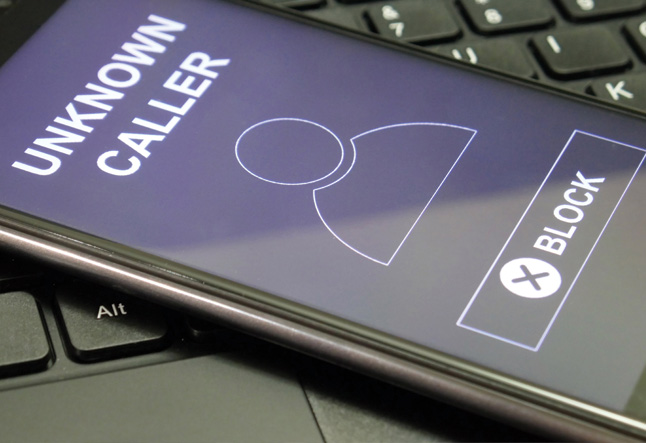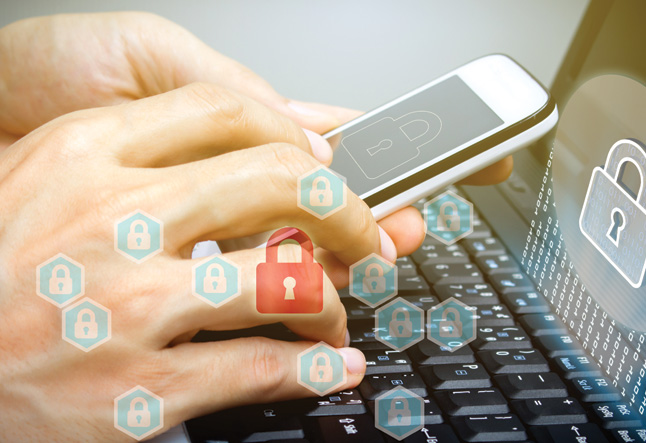Data tokens on this page
Hang Up on Hackers: Vishing & Mobile Scams
Hang Up on Hackers: Vishing & Mobile Scams
Caller ID can make everyone’s lives easier: even hackers. They’ve found ways to disguise themselves and use this helpful tool to their advantage to commit mobile and telephone fraud or vishing (voice phishing). Scammers will hack phone lists and create fake caller IDs designed to trick victims into picking up the phone and providing personal and financial information. Scammers can make these calls themselves and talk directly with their victims, or use prerecorded messages urging victims to call an additional phony number disguised as a customer support center.
The more urgent a call seems, the more likely you are to fall for it. Attackers may call posing as your credit card company to report suspicious activity and request your account information to correct the issue. Or, they may pretend to be a financial or government agency following up on unpaid taxes or requesting an appearance in court. Scammers may even appear as IT or technical support calling to be granted access to your devices to fix a problem. Hackers have even been found to record your voice if you do answer a call and use it later to make phony authorizations on your behalf.
So, How Do You Avoid a Vishing Scam?
- Avoid unknown calls and don’t always trust your caller ID. Hackers have found ways to manipulate the names and numbers of organizations to make it appear as though the call you are receiving is legit.
- If you get a call from an organization, look up the name of the organization to determine if it is real and check the organization’s website or any other official materials to see if the phone numbers match. Reach out to the company directly via phone call or email to see if this line is authentic.
- Return the call from another line to see if an organization’s number is real or fake. Scammers will often use numbers that, when returned, may come back as disconnected or unavailable.
- Double-check any information you hear over the phone. If an individual is calling you about compromised accounts or any other emergency, look at your accounts to see if any changes have been made.
Your Vishing Protection Checklist
✔ A credible organization will never ask for your credit or debit PIN, full social security number, passwords, account numbers, or ID numbers over the phone.
✔ Credible organizations will also never request that you withdraw money to hand over to them or transfer money to another account, even if they say it’s in your name.
✔ Legit organizations will know who they’re speaking with before they call you, but scammers can also know your basic information including your name, address, and account details to appear more convincing.
✔ Vishing calls will often sound urgent to get your attention and give you less time to think about the legitimacy of the call in an effort to catch you off guard and get you to hand over your private information.
✔ Valid calls from a financial organization may include verifications questions that they will ask you so they can confirm they’re speaking with the right person.
✔ If you find yourself on the line with an individual who is asking you for personal information or sensitive data, don’t be afraid to ask for more information and say you need to call back.







